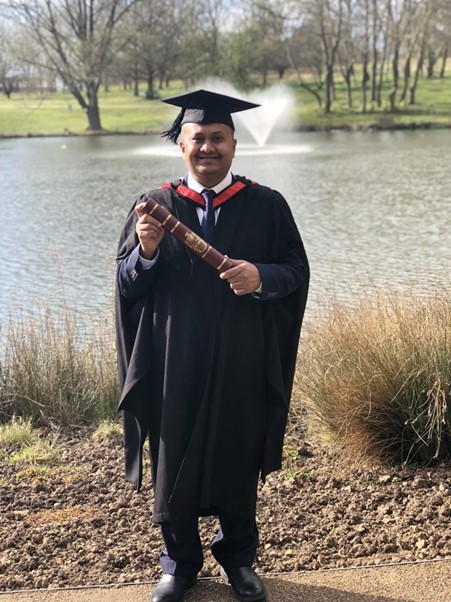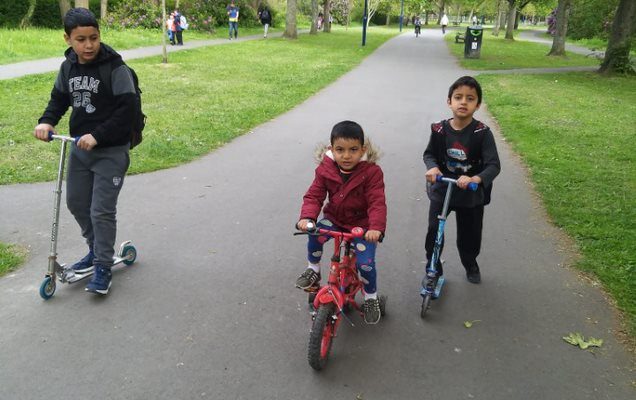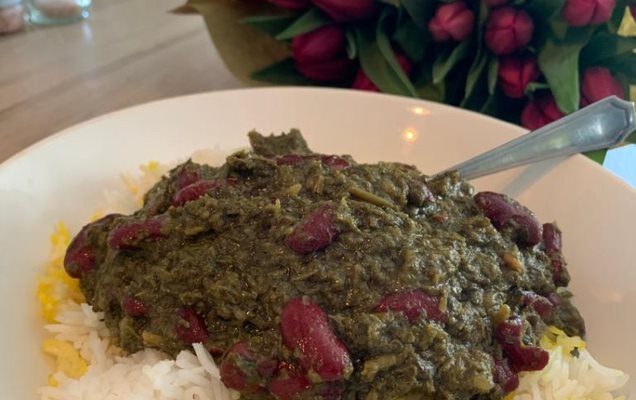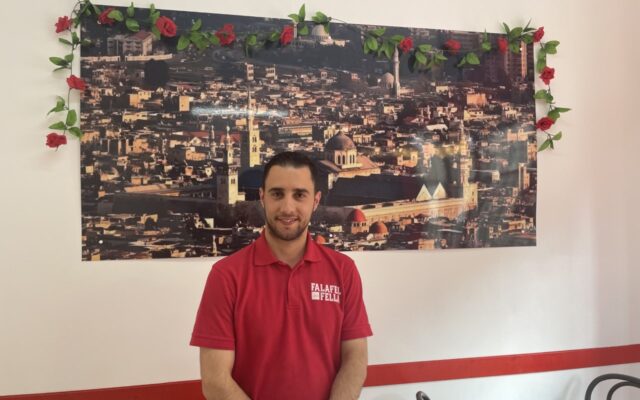‘I’m sure I’m not alone; like me, many refugees are haunted by the thought of their home’.
Human rights activist, academic, and Bangladeshi refugee William Gomes shares #WhatHomeMeans to him for Gallery of the (New) Home.
21.07.2022
When I think of what home is, I think of love, peace, friends and tasty food. Home is where I was raised, where I learned to walk, run, play and grow from a toddler into an adult. My parents taught me their traditions and culture there. I learned about religions, ethics and love at home.
Home is significant because it serves as the framework for understanding who I am, who I was and who I am becoming. Everything started at home with my birth, and from there, my existence flourished. But because of my involvement in human rights activism, I was compelled to leave my home in Bangladesh. I briefly resided in Nepal and Hong Kong before relocating to York, North Yorkshire, where I currently live.
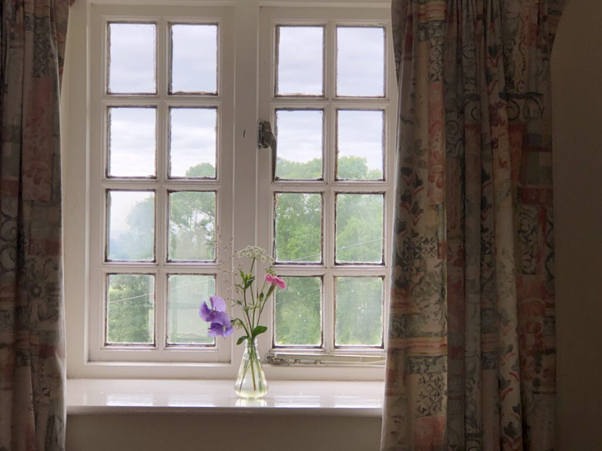
‘Home is like the window on a good or terrible day; in all seasons, it acts as a protective barrier and a glimpse of hope, as well as a place to remember, grieve, rejoice, and join together to raise new generations. It is the bridge between the inner and outside worlds. It is a place of meditation and observation, as well as the source of human transformation.’
Where is my home? has been the question that has plagued me for the past 10 years. Which home – the one I left in Bangladesh or the one I currently reside in – do I seek?
The home I left behind in Bangladesh is no longer the same because some of the previous occupants have passed away, and I am no longer a member of the family or otherwise connected to that home. Therefore, my challenge as someone who sought asylum in the UK is to lament the loss of my home and make York my home. I’m sure I’m not alone; like me, many refugees are haunted by the thought of their home.
The connection and togetherness I had with my parents and brother over dinner and hours of conversation throughout the weekend is unmatched, and I miss that great time. My father, brother, mother and grandmother were the last people I hugged before I was compelled to leave Bangladesh, and I mourn that hug. I will never be able to hug my mother or grandma again as both of them have died. I don’t know if I’ll ever be able to see my brother or father again.
It is important to support refugees because no one would leave their homes if they were safe. As a result of the violation of their human rights, they were forced to leave their home and seek safety. As humans, we can restore hope by demonstrating solidarity and hospitality, therefore improving the world for everyone.
Today, the terms “refugee” and “asylum seeker” have become so politicised in many nations that some people are reluctant to identify themselves as such because of the stigma associated with the terms. They frequently worry about who will welcome them or judge them and tell them to return to their country of origin. They all share one thing in common: they have all lost their homes, regardless of what they are running away from, why they are seeking refuge, their place of origin, or their language. Everyone has the power to be kind and compassionate, and that power begins with acknowledging that these are individuals who have lost their homes.
—
William Gomes is indebted to the Tavistock and Portman NHS Foundation Trust and the Department of Psychosocial and Psychoanalytic Studies at the University of Essex, specifically Professor Renos Papadopoulos, for his unwavering support during his Master’s in Refugee Care. His Master’s thesis was titled “A psychosocial conceptualisation of refugee experiences: Involuntary loss of home, torture and trauma“. He is a PhD candidate at the University of Essex’s Department of Psychosocial and Psychoanalytic Studies.
—
Our Gallery of the (New) Home is open for submissions. Visit our website and share what home means to you today.


